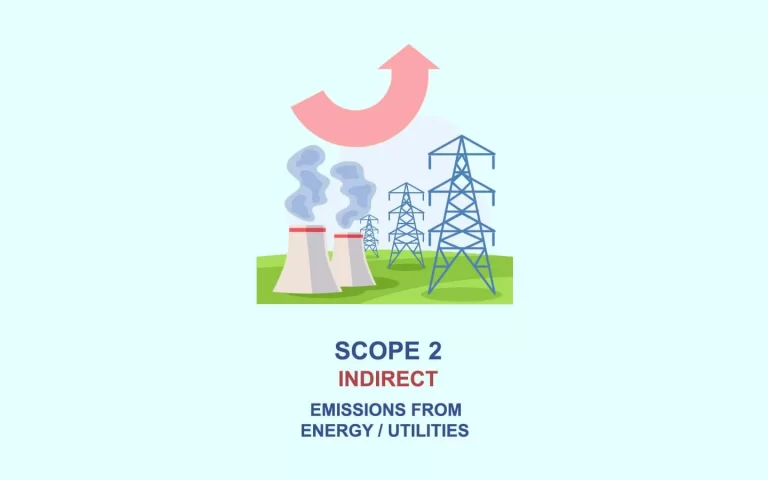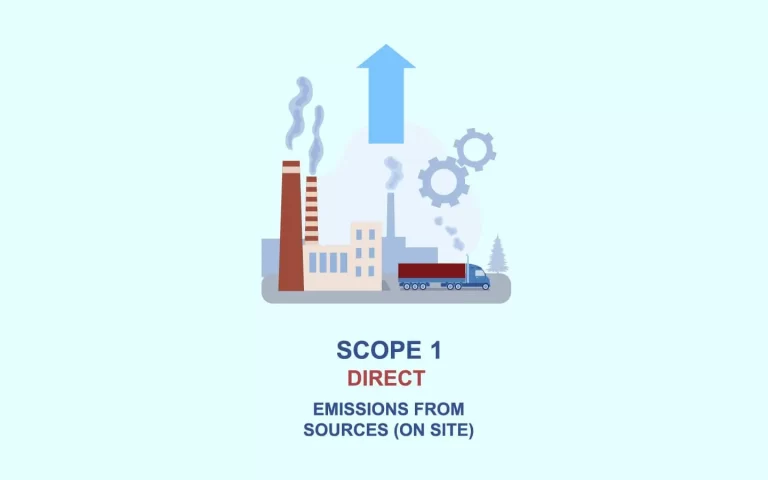Zimbabwean miners are facing mounting pressure to adopt sustainable practices, and it’s not hard to see why. The mining industry is at a critical juncture. The international community is increasingly demanding that companies prioritize environmental, social, and governance (ESG) considerations. In fact, buyers are now opting to engage only with miners who incorporate ESG reporting principles into their operations, therefore, Zimbabwean miners must adapt to remain competitive.
At the recent Swedish-Zimbabwe Sustainable Mining Expo in Harare, delegates emphasized the urgent need for miners to prioritize ESG considerations. International buyers are now seeking assurance that minerals are sourced sustainably, and many are opting to engage only with miners who prioritize ESG.
This shift towards sustainability is driven by growing concerns about climate change, water scarcity, and biodiversity loss. By adopting ESG practices, Zimbabwean miners can reduce the country’s carbon footprint, implement sustainable water management systems, and preserve biodiversity.
The Zimbabwean government is also emphasizing the importance of safety and environmental protection in the mining sector. Minister of Mines and Mining Development, Hon. Winston Chitando, has urged mining companies to intensify safety measures and environmental protections, particularly during the rainy season.
Key Takeaways:
- ESG compliance is no longer optional; it’s a necessity for miners.
- International buyers demand sustainability; miners must prioritize ESG to remain competitive.
- Sustainable practices can drive growth, reduce costs, and improve efficiency.
- Collaboration between miners, governments, and international partners is key to driving sustainable growth.
So, what can Zimbabwean miners do to adopt sustainable practices? Here are some key takeaways:
- Conduct thorough risk assessments: Identify potential environmental and social risks associated with mining operations.
- Implement robust safety measures: Develop and implement effective safety protocols to protect workers and the environment.
- Adopt sustainable water management systems: Implement efficient water use practices and minimize water pollution.
- Prioritize biodiversity preservation: Implement measures to preserve biodiversity and minimize the impact of mining operations on ecosystems.
- Engage with local communities: Foster positive relationships with local communities and ensure that mining activities provide economic benefits.
The Benefits of Sustainable Mining Practices
Environmental Benefits
- Reduced Environmental Impact: Sustainable mining practices minimize the environmental footprint of mining operations, reducing the risk of pollution, deforestation, and habitat destruction.
- Conservation of Natural Resources: Sustainable mining practices promote the responsible use of natural resources, such as water and energy, reducing waste and minimizing the depletion of these resources.
- Rehabilitation and Reclamation: Sustainable mining practices prioritize the rehabilitation and reclamation of mined land, restoring ecosystems and promoting biodiversity.
Social Benefits
- Improved Community Relations: Sustainable mining practices foster positive relationships with local communities, promoting trust, transparency, and collaboration.
- Enhanced Social License to Operate: Sustainable mining practices demonstrate a commitment to social responsibility, enhancing the social license to operate and reducing the risk of social unrest.
- Economic Benefits for Local Communities: Sustainable mining practices promote local economic development, creating jobs, stimulating entrepreneurship, and generating revenue for local communities.
Economic Benefits
- Reduced Operating Costs: Sustainable mining practices reduce operating costs by minimizing waste, optimizing resource use, and improving operational efficiency.
- Increased Revenue: Sustainable mining practices can increase revenue by improving the quality and quantity of mineral resources, reducing the risk of production disruptions, and enhancing the reputation of the mining company.
- Access to Capital and Markets: Sustainable mining practices can improve access to capital and markets, as investors and customers increasingly demand sustainable and responsible mining practices.
Reputation and Brand Benefits
- Enhanced Reputation: Sustainable mining practices enhance the reputation of mining companies, demonstrating a commitment to social and environmental responsibility.
- Brand Differentiation: Sustainable mining practices can differentiate mining companies from their competitors, establishing a unique selling proposition and promoting brand loyalty.
- Increased Stakeholder Trust: Sustainable mining practices increase stakeholder trust, fostering positive relationships with investors, customers, employees, and local communities.
By adopting these sustainable practices, Zimbabwean miners can not only reduce their environmental footprint but also improve their social and economic performance.
Get Involved!





